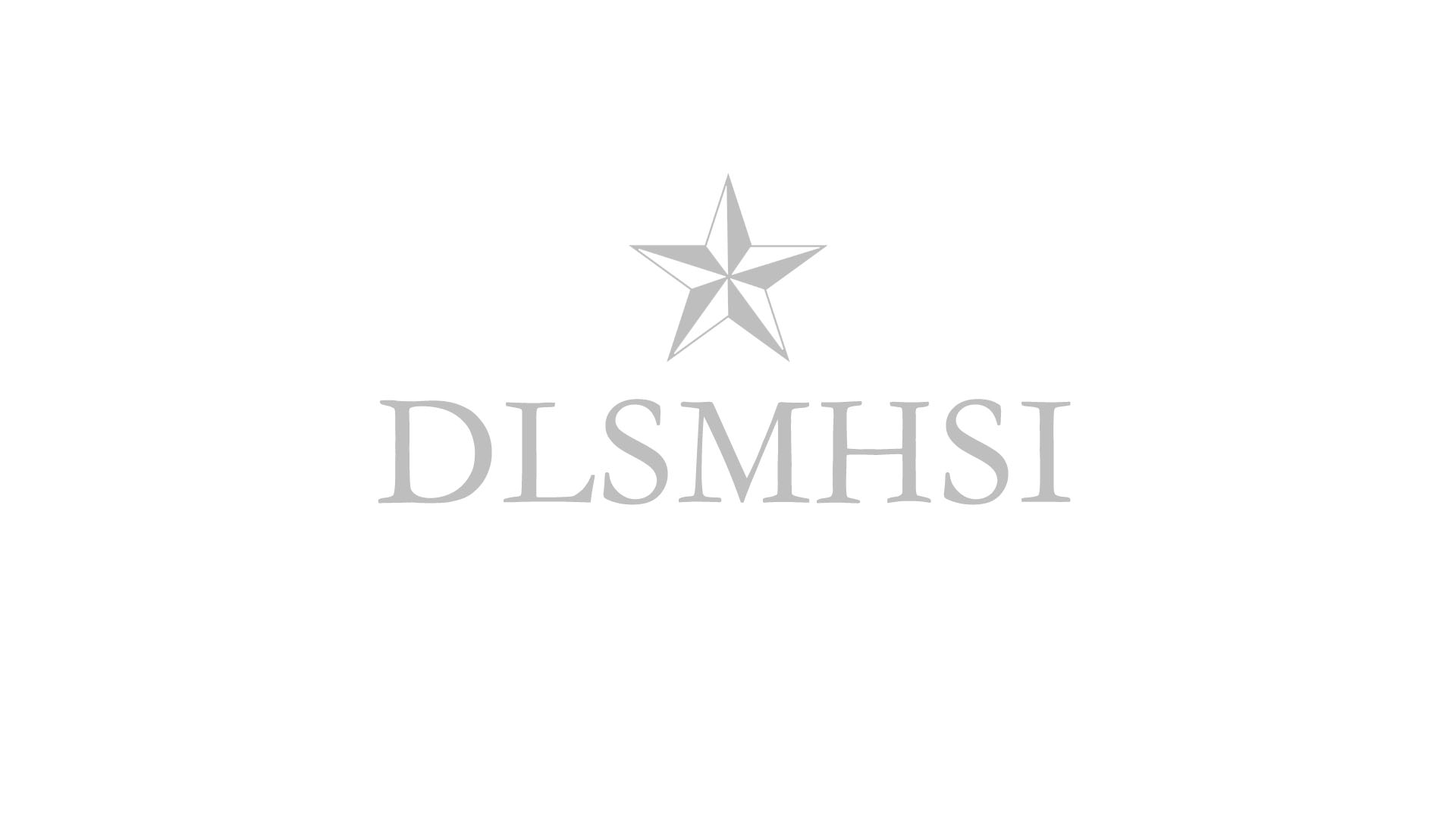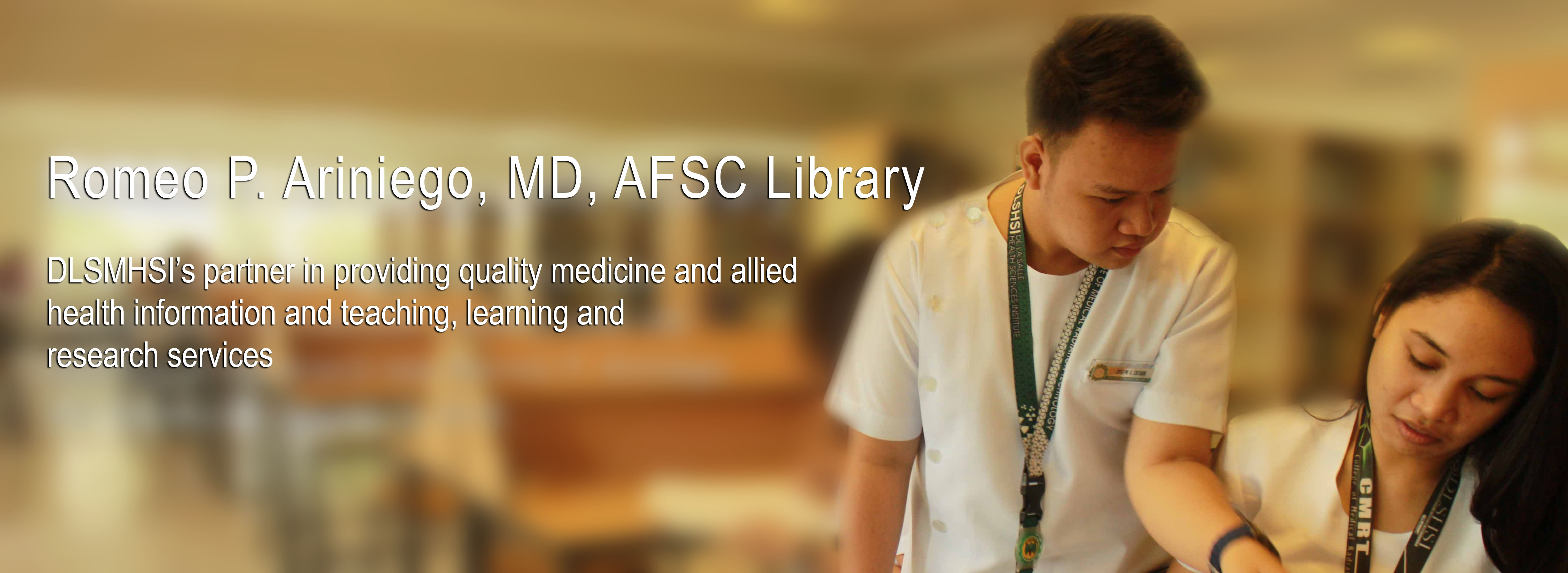2.1 Program Outcomes
At the end of the program, the PhD students must be able to;
- a) Demonstrate advanced research skills to contribute effectively to the knowledge base in the health sciences.
- b) Demonstrate the ability to engage in collaborative and interprofessional approaches to improve practice and education in health care.
- c) Demonstrate competence in the development of evidence-informed practice, policy, and education.
- d) Exhibit the capacity to lead research endeavors within their profession and in multidisciplinary teams.
2.2 Admission Requirements
Graduate of any health science related master’s degree from a recognized institution (international or national) that include, but not limited to, nursing, pharmacy, medical technology, public health, psychology, and physical therapy may be admitted to the program. Graduate in non-health science master’s degree may be admitted, provided that the applicant is primarily engaged in the health sector and will work on health science related dissertations; the dissertation advisers and PhD committee shall determine if supplementary professional development activities are needed to support in the completion of the dissertation.
It is assumed that applicants to this program demonstrate a minimum level of research skills to be admitted. The applicant may present pieces of evidence of active research engagements within the last five years. This may include documentations of teaching in research in the undergraduate and/or postgraduate levels, research project technical reports, peer-reviewed publications, evidence as resource person in research activities, among others. These documents will be evaluated by the PhD Admission Committee using a scoring system. An applicant needs to undergo an admission research examination upon entry to the program. The submitted documents and admission examination will be evaluated by the PhD Admission Committee to determine if the student needs supplementary courses or other relevant professional development activities. These are essential to ensure as this program has limited coursework activities.
Foreign applicants must present an evidence of English proficiency. The applicant must have at least 6.0 IELTS or its equivalent to be eligible to the program. Alternatively, the applicant may take the English proficiency exam conducted by DLSMHSI; unsatisfactory scores to this English examination will be evaluated further if accepted with condition: undergo series of English workshops and provision of Language Translation device.
The applicant must present two (2) capsule research proposals before admission to the program: one (1) empirical research and one (1) secondary research. These two research proposals should be closely related to each other or complement each other.
2.3 Program of Study
Doctoral Coursework (approximately 24%)
- Principles of Interprofessional Education: DR-PIC111Course Description: This course provides the introduction and rationale for interprofessional education as described in the WHO framework and the required competencies to operate effectively in multi-disciplinary teams. It will also provide opportunities for the graduate students to enhance their competencies in interprofessional work through simulations and case discussions requiring shared knowledge among different professionals.Credit Units: 1.5Placement: Year 1, Sem 1
- Applied Interprofessional Education: DR-AIC121Course Description: This course is the application of concepts and competencies learned from IPE 1. It will engage graduate school students in activities leading to policies, models, frameworks, evaluation plans, and innovative solutions utilizing IPE and IPC concepts that can be applied in the health care system, institutional, and community settings.Credit Units: 1.0Placement: Year 1, Sem 2
- Evidence Synthesis: DR-ESY112Course Description: This course aims to provide students with skills to systemically synthesize previous studies. It is divided into three segments. The first segment deals with the general processes of evidence synthesis that includes systematic search, critical appraisal, and data extraction. The second segment focuses on the processes and steps in undertaking systematic reviews and meta-analyses. The third segment involves several qualitative evidence syntheses (scoping review, meta-ethnography, realist synthesis) as well as mixed methods systematic review. The course also includes discussions on the relevance, and enhancing uptake, of evidence synthesis for health policy and practice.Credit Unit: 3.0Placement: Year 1, Sem 1
- Advanced Quantitative Methods: DR-AQN211Course Description: Aims to enhance capacity of students to undertake relatively advanced and robust quantitative analysis that contributes to policy insights and advances theoretical knowledge. This will particularly introduce students to strategies and tools to develop statistical models that are intended to answer their research questions. This includes multitude of probability models that are appropriate when linear model is inadequate.Credit Units: 1.5Placement: Year 2, Sem 1
- Advanced Qualitative Methods: DR-AQL212
Course Description: This involves discussions of advanced processes and principles of qualitative research. It includes discussions of the philosophical underpinning of qualitative research, quality in qualitative research, innovative data collection methods, emergent qualitative research designs, and other forms of qualitative data analysis. This also include discussions of the ethical considerations in qualitative research.Credit Units: 1.5Placement: Year 2, Sem 1 - Research Utilization: DR-RUT221Course Description: This course helps students to perform translation of research findings into practice and policy. This involves development of strategies to scale up effective practices and programs. It includes supporting practitioners and policy makers in the effective utilization of research findings. It also includes introductory discussions on research translation.Credit Units: 1.0Placement: Year 2, Sem 2
- Research Leadership: DR-RLE222Course Description: This course prepares students to perform management and leadership roles in research in higher education, healthcare facility and research laboratory. It includes research mentoring and collaboration, managing research teams, resource generation and implementation, research ethics and integrity, and publishing.Credit Units: 1.0 UnitsPlacement: Year 2, Sem 2
- Special Topics in the Health Sciences*To complement the effective completion of student dissertations and ensure mastery of the specific dissertation topic, the PhD students are expected to actively participate in various discipline-specific professional development activities. The needed professional development topics by a student shall be determined with the dissertation advisers. Students may opt to attend seminars, conferences, training, workshops, and the like on the specific topics relevant to their dissertations.
Doctoral Research (approximately 76%)
The PhD student will work on a selected specific area of concentration. However, the inter-professional component must be clearly presented in at least one of the student’s dissertations. The dissertations may have actual beneficiaries or can directly be applied to a specific population to be more responsive to the needs of the health care system.
Dissertation 1
Course Codes: DPT113a-d (Part-time); DFT113a-b (Full-time)
Course Description: In the first two years of part-time students (or first 2 semesters and 1 summer for full-time studies), the student will primarily work on a secondary research that involves utilization of already existing data primarily on synthesizing the literature that aims to develop new ideas using a evidence synthesis design. The results of this synthesis should be closely related to or should inform the empirical research project to be implemented in the third to fifth year, though each of the dissertation should stand alone as research projects. At the end of the second year, a manuscript for publication resulting from this evidence synthesis should be submitted to a peer reviewed journal. Shorter manuscript for publication can be developed and submitted during this period. Every end of each year, the students must present their self-evaluation of their PhD activities to the PhD Committee.
Course Credits: 13.5 (Total)
Course Placement: Sem1, Year1 to Sem2, Year2 (Part-time)
Sem1, Year 1 to Summer Year 1 (Full-time)
Dissertation 2
Course Codes: DPT114a-f (Part-time); DFTa-d(Full-time)
Couse Description: In the third to fifth year for part-time studies (or second to third year for full-time studies), the student shall implement a research project that uses primary data collection methods. This can either be quantitative research, qualitative research, or mixed methods research project. This should result to the second journal publication. Every end of each year, the students must present their self-evaluation of their PhD activities to the PhD Committee.
Course Credits: 30 (Total)
Course Placement: Sem 1, Year 3 up to Sem 2, Year5 (Part-time)
Sem1, Year2 up to Sem2, Year3 (Full-time)
2.4 Academic Milestones
Part-time Studies: 5 years
The following series of milestone tasks must be accomplished progressing from first year to 4th or 5th year.
Year 1: Doctoral Studies
Primary:
Coursework: Evidence Synthesis
Principles of Interprofessional Education
Applied Interprofessional Education
Dissertation 1: Technical review and implementation of the secondary research dissertation
Secondary:
- Resource person on related research activities
- Attendance to seminars/webinars on academic writing and publishing
Year 2: Doctoral Studies
Primary:
Coursework: Advance Quantitative Methods
Advance Qualitative Methods
Research Utilization
Research Leadership
Dissertation 1: Implementation of the secondary research dissertation (continuation)
Submission of the 1st manuscript for publication
Technical review of empirical research dissertation
Submission of empirical research for ethics review
Secondary:
- Discipline-specific seminars
- Oral presentation to one (1) international/national conference
- Resource person on a related research activity (1)
Year 3: Doctoral Studies
Primary
Dissertation 2: Data collection for the empirical research dissertation
Acceptance of the 1st manuscript for publication.
Secondary
- Discipline-specific seminars/conferences
- Resource person on one (1) related research activity
Year 4: Doctoral Studies
Primary
Dissertation 2: Draft form of the empirical research dissertation
Secondary
- Resource person in one (1) related research topic
Year 5: Doctoral Studies
Primary
Dissertation 2: Submission of 2nd manuscript for publication
Final dissertation public defense
Secondary
- Oral presentation to one (1) international/national conference
Full-time Studies: 3 years
The following series of milestone tasks must be accomplished progressing from first year to third year.
Year 1: Doctoral Studies
Primary:
Coursework: Evidence Synthesis
Principles of Interprofessional Education
Applied Interprofessional Education
Dissertation 1: Technical review of the secondary research dissertation
Implementation of the secondary research dissertation
Submission of the 1st manuscript for publication
Technical review of empirical research dissertation
Secondary:
- Discipline-specific seminars/conferences
- Resource person on related research activities
- Attendance to seminars/webinars on academic writing and publishing
Year 2: Doctoral Studies
Primary
Coursework: Advance Quantitative Methods
Advance Qualitative Methods
Research Utilization
Research Leadership
Dissertation 2: Submission of the empirical research for ethics review
Data collection for the empirical research
Acceptance of the 1st manuscript for publication
Secondary
- Discipline-specific seminars/conferences
- Resource person on related research activity
- Oral presentation to one (1) international/national conference
Year 3: Doctoral Studies
Primary
Dissertation 2: Draft and final form of the empirical research dissertation
Submission of 2nd manuscript for publication
Final dissertation defense
Secondary
- Discipline-specific seminars/conferences
- Resource person on related research activity
- Oral presentation to one (1) international/national conference



